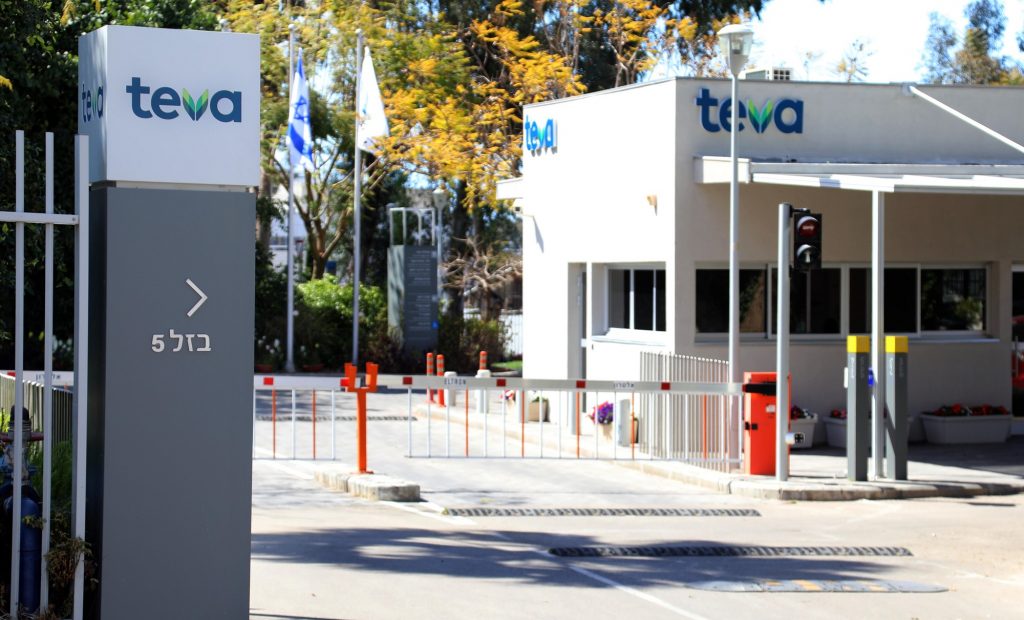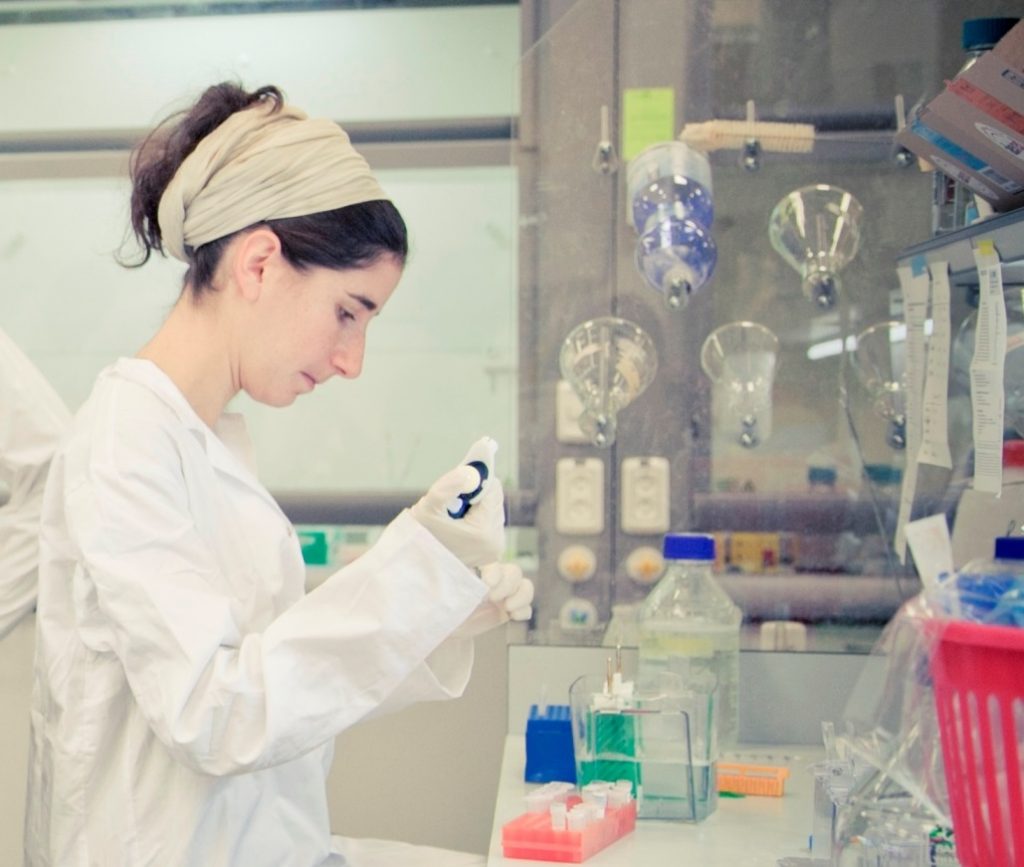Israeli pharmaceutical giant Teva is set to donate millions of doses of a malaria drug to US hospitals in a bid to meet the demand to investigate the medicine as a potential treatment candidate for COVID-19. The latter is the disease caused by the novel coronavirus known as 2019-nCoV and severe acute respiratory syndrome coronavirus 2 (SARS-CoV-2).
Teva said in a statement that it will ship six million tablets of hydroxychloroquine sulfate, an FDA-approved drug for malaria, lupus erythematosus and rheumatoid arthritis, to hospitals across the country by March 31, and more than 10 million by next month.
Hydroxychloroquine sulfate is not yet FDA-approved for the treatment of COVID-19, but both the drug and chloroquine phosphate, a related antiviral medication, are currently under investigation for efficacy against the coronavirus and have been requested by US government officials to be made available for use immediately.
Early studies of hydroxychloroquine sulfate and chloroquine phosphate suggest they are having a positive effect.
In a study published last month in Nature, the authors wrote that “chloroquine is a cheap and a safe drug that has been used for more than 70 years and, therefore, it is potentially clinically applicable against the 2019-nCoV.” Earlier this month, a joint Italian-Israeli study published in Critical Care, a peer-reviewed, international clinical medical journal, found that there was “sufficient pre-clinical rationale and evidence regarding the effectiveness of chloroquine for treatment of COVID-19 as well as evidence of safety from long-time use in clinical practice.”

Notably, a 2005 study of chloroquine published in Virology Journal showed that it slowed the spread of the SARS-cov virus in primate cells. SARS-cov emerged in China some 20 years ago and killed under 800 people in the 2002-2003 outbreak. SARS-CoV-2, which causes COVID-19, is a related virus.
Teva said it was reviewing supply of both hydroxychloroquine and chloroquine globally to determine “whether there are additional supply and access opportunities for patients” and was also “actively looking across its expansive range of products to determine if the company can help to provide any other products that may be relevant in addressing acute and substantial need during the COVID-19 crisis.”
Brendan O’Grady, Teva Executive Vice President, North America Commercial, said in the statement that the company was “committed to helping to supply as many tablets as possible as demand for this treatment accelerates at no cost.”
“Immediately upon learning of the potential benefit of hyroxychloroquine, Teva began to assess supply and to urgently acquire additional ingredients to make more product while arranging for all of what we had to be distributed immediately,” he added.
Sign up for our free weekly newsletter
SubscribeSwiss pharmaceutical giant Novartis, German company Bayer, and US firm Mylan are also donating millions of tablets of chloroquine and hydroxychloroquine and ramping up production.
Israeli efforts in COVID-19 crisis
A number of other pharmaceuticals are being used experimentally across the world to help treat coronavirus, including the novel antiviral drug Remdesivir, developed originally for Ebola, the HIV drug Kaletra/Aluvia (lopinavir/ritonavir) by American biopharmaceutical company AbbVie, and the experimental antiviral drug Favilavir, developed to treat inflammation of the nose and throat.
Israel’s attorney-general okayed the use of a generic version of Kaletra to treat coronavirus patients just last week. Remdesivir is also being used as treatment in Israel, according to the Health Ministry.
There are also a number of vaccines in the works, including in Israel where scientists at the Migal Research Institute announced earlier this month that a new vaccine they developed for a deadly virus affecting poultry is being adapted for human use against the disease.
Israel is also on the frontlines of the efforts to develop rapid diagnostics tests for COVID-19 to help identify more patients and help curb the stem.
Since late December, the novel coronavirus has claimed more than 13,000 lives and has infected over 300,000 people worldwide (as of March 22). The outbreak began in China but spread quickly with Italy becoming an epicenter of the pandemic in Europe. The country has now recorded more deaths – close to 5,000 – than China’s Hubei province where the virus was first reported. Spain, Germany, Iran, and France have also seen major outbreaks.
The US currently has over 26,000 confirmed cases of COVID-19 and over 300 deaths.
In Israel, close to 1,000 people have been diagnosed with COVID-19, with 20 in serious condition. One person, an 88-year-old man, became Israel’s first coronavirus victim over the weekend.
Related posts

Israeli Medical Technologies That Could Change The World

Rehabilitation Nation: Israeli Innovation On Road To Healing







Facebook comments